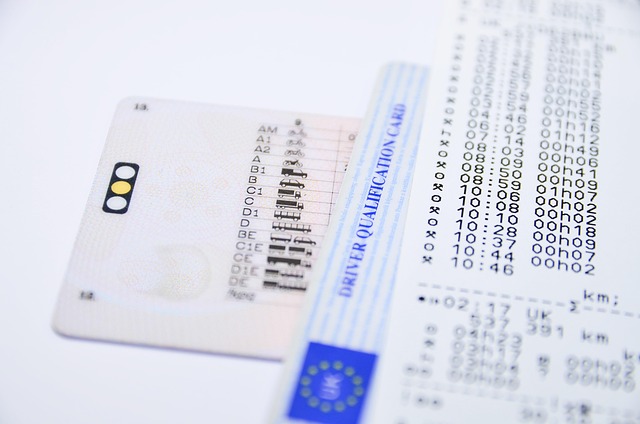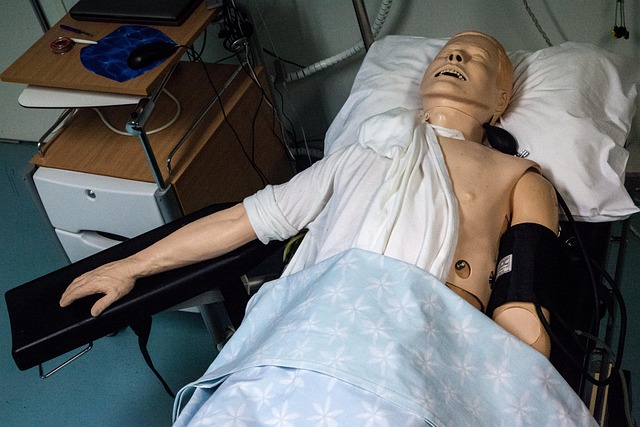Commercial driver verification is a crucial process that enhances road safety by thoroughly vetting transportation workers' backgrounds, revealing past disciplinary actions, license revocations, and red flags. This involves checking multiple databases using specialized software to ensure accurate, informed hiring decisions by employers while upholding industry integrity and protecting the public. Employers must balance comprehensive background checks with legal compliance, adhering to privacy laws, data security protocols, and DOT regulations.
In today’s transport industry, ensuring safety is paramount. One critical aspect often overlooked is the process of screening transportation workers for past disciplinary actions through robust commercial driver verification. This article delves into the significance of this practice, exploring how it safeguards roads and passengers alike. We’ll outline the step-by-step process, best practices, and legal considerations essential to maintaining a rigorous background check system for commercial drivers.
- Understanding Commercial Driver Verification and Its Importance
- The Process of Screening Transportation Workers for Disciplinary Records
- Best Practices and Legal Considerations in Background Checks for Commercial Drivers
Understanding Commercial Driver Verification and Its Importance

Commercial driver verification is a critical process that ensures safety on our roads by screening transportation workers for past disciplinary actions. In the vast network of commercial trucking, where drivers operate heavy vehicles and haul goods across states, verifying their backgrounds is paramount to preventing potential hazards. This meticulous process involves checking against various databases to uncover any history of infractions, licenses revocations, or other red flags that could indicate unfitness to drive.
By implementing robust commercial driver verification procedures, regulatory bodies and employers can mitigate risks associated with reckless driving, substance abuse, or misconduct. Such measures not only safeguard the general public but also uphold the integrity of the transportation industry. Moreover, it enables companies to make informed hiring decisions, fostering a culture of accountability and responsible driving among their workforce.
The Process of Screening Transportation Workers for Disciplinary Records

The process of screening transportation workers, particularly commercial drivers, for past disciplinary actions is a crucial step in ensuring safety on our roads. It involves a systematic verification of an individual’s employment history and records, focusing on any misconduct or disciplinary measures taken against them. This meticulous process begins with obtaining consent from the potential employee, allowing access to their official records.
Commercial driver verification entails cross-referencing data from various sources, including employer databases, regulatory agencies, and legal archives. Specialized software is often employed to streamline this task, enabling efficient searches across state and national boundaries. By meticulously sifting through these records, employers can uncover past incidents such as traffic violations, accidents, or internal disciplinary matters, which may impact the driver’s suitability for the role.
Best Practices and Legal Considerations in Background Checks for Commercial Drivers

When conducting background checks for commercial drivers, it’s crucial to balance thoroughness with legal considerations. Best practices involve verifying employment history, checking for any licenses or certifications required for the specific job, and cross-referencing information from multiple sources to ensure accuracy. Companies should also remain compliant with relevant laws and regulations, such as those set by the Department of Transportation (DOT), which mandate specific types of inquiries and limit certain data access.
A key aspect of commercial driver verification is ensuring privacy and data security. Background checks must adhere to strict confidentiality protocols, protecting sensitive personal information from unauthorized access or disclosure. Additionally, companies should be mindful of fair chance employment practices, avoiding discriminatory decisions based solely on past disciplinary actions and instead considering the context, severity, and relevance of any issues identified.














